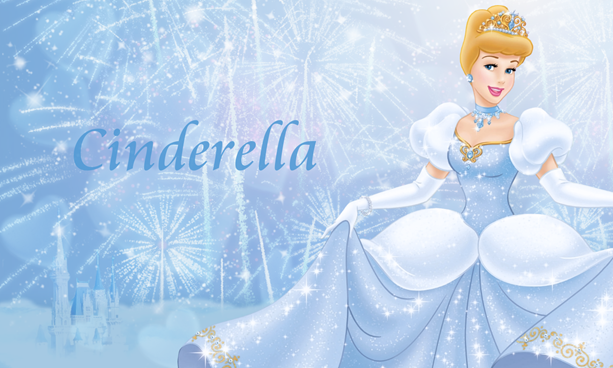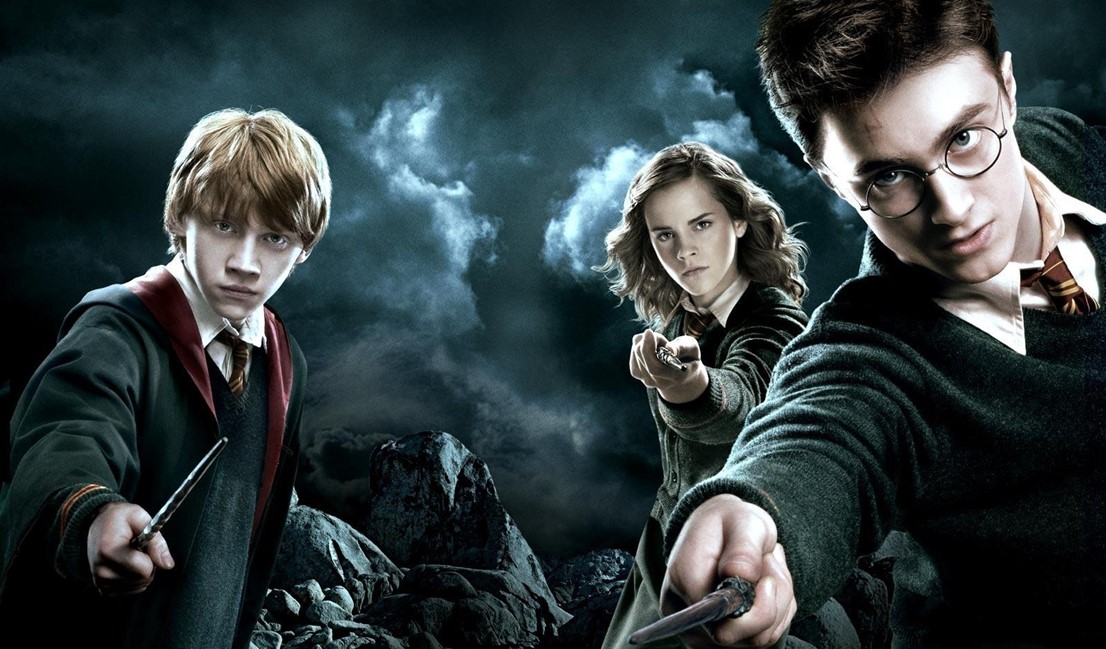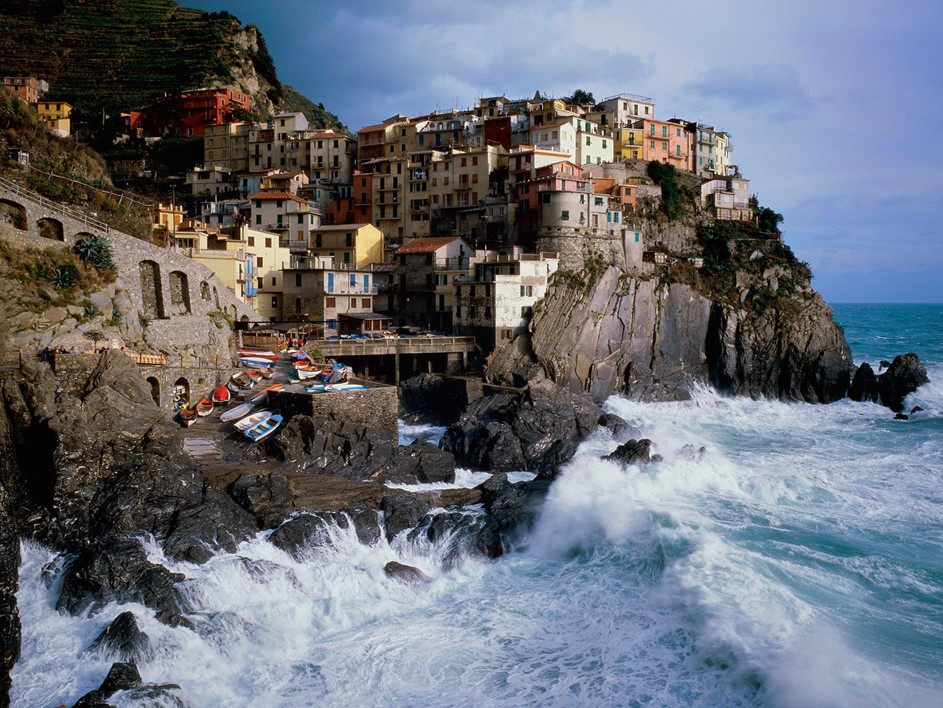Exporting Water
October 21, 2012 in Daily Bulletin

America is exporting its water even though it is a resource that is desperately needed at home write Peter Culp and Robert Glennon:
- Shipping companies have realized that after containers full of goods from China are unloaded in the United States, it makes economic sense to fill up those containers with something that the Chinese will want to buy.
- A lot of those containers return to China filled with alfalfa – a crop that is used to feed animals. It now costs half as much to send alfalfa to China than it does to send it to California.
- However the United States provides agricultural water subsidies to farmers that make it easier for them to grow crops. Alfalfa is a crop that requires a lot of water, and farmers use the subsidy to over-produce it.
- With all the alfalfa exports then, 50 billion gallons of water, in the form of alfalfa plants, is being exported to China. This water could fulfil the needs of 500,000 families in the United States.
Read more about why farmers have no incentive to decrease their water usage, and how the current state of affairs prevents the United States from exporting higher value products to China over here.
Source: The Wall Street Journal








Join the Discussion! (No Signup Required)